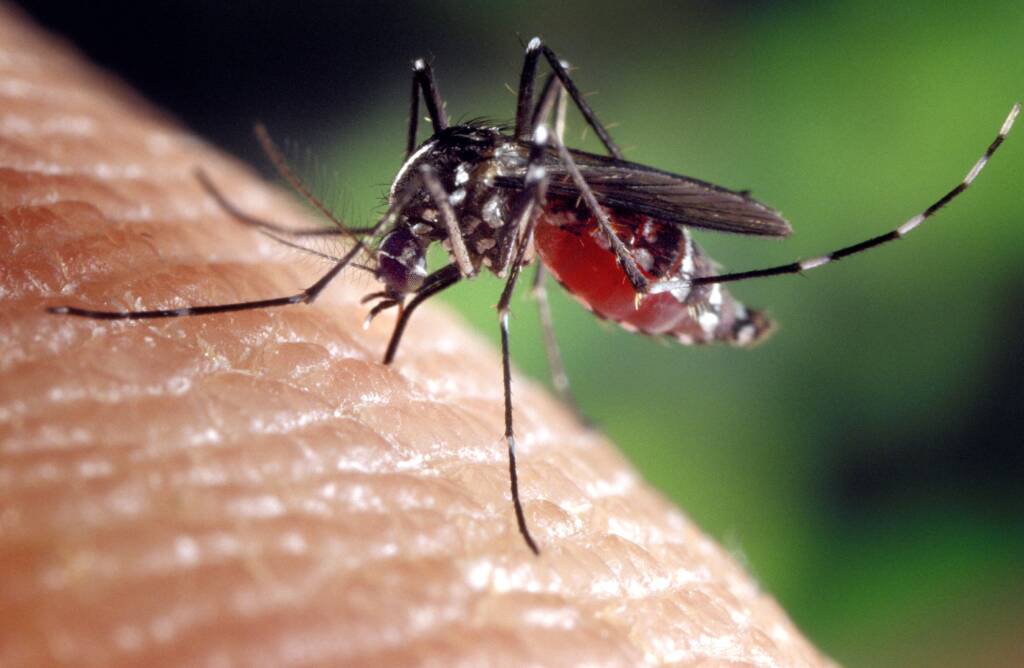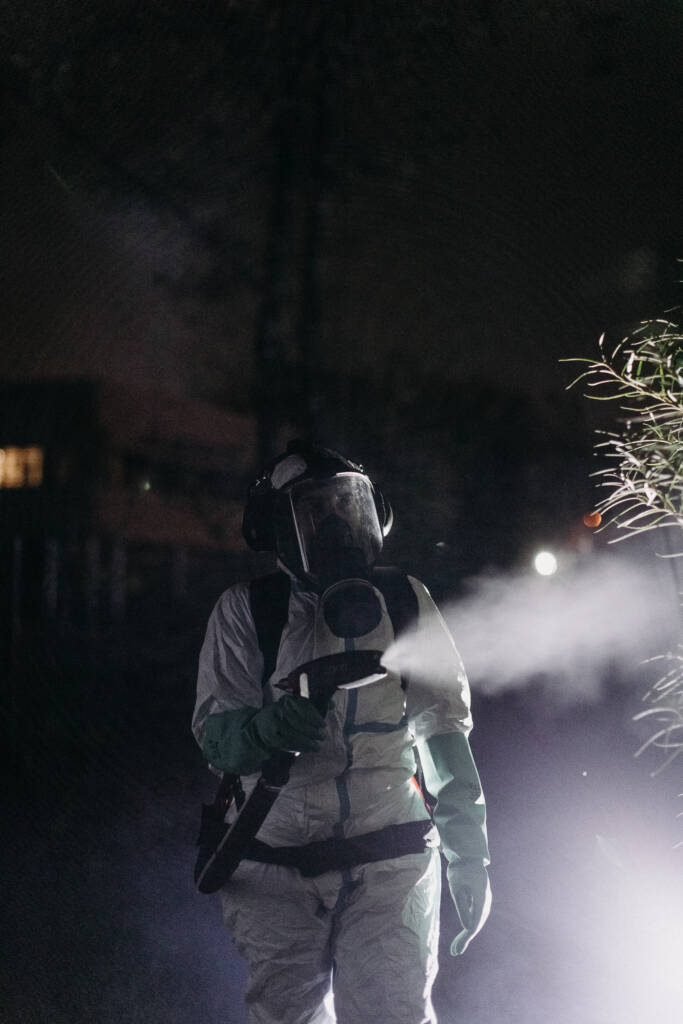IAP-25-113
Modelling vector control for Aedes-borne arboviruses
The spread of the highly invasive mosquito, Aedes albopictus, across continental Europe, combined with climate change and human travel and trade, has led to new epidemic threats from mosquito-borne diseases, most significantly dengue and chikungunya. Arbovirus outbreaks of dengue and chikungunya are increasing in frequency and magnitude, as such, they are now a major European public health concern. France and Italy have had the largest outbreaks, with 2025 being the worst on record. Further, there have been multiple incursions of the invasive mosquito into Southeast England.
Vector control remains the primary method of controlling arbovirus outbreaks and limiting mosquito spread. Typically, these include the deployment of insecticides, managing mosquito aquatic habitats, and increased public awareness. However, the effectiveness of such approaches is rarely evidenced. The central tenet of this studentship is to develop state-of-the-art mathematical models of vector control to determine control efficacy. The models will be parameterised and validated using data from French mosquito monitoring and control strategies (provided by CASE industrial partner Altopictus) and French public health information (Santé Publique France, SPF), amongst others. These models will then be used in providing vector control and public health information for future outbreaks in near real-time.



Click on an image to expand
Image Captions
A female Aedes albopictus mosquito feeding – creative commons licence,Altopictus applying insecticides using vehicles – owned by Altopictus,Altopictus applying insecticides manually – owned by Altopictus
Methodology
This project will focus on modelling the population dynamics and control of the highly invasive mosquito species Aedes albopictus, and European outbreaks of dengue and chikungunya arboviruses. The modelling approach will be to use systems of environmentally driven stage-structured delayed differential equation models (see References & Further Reading) to predict current and future disease risk and how these change with control. The models will be fitted and validated against a broad range of French datasets and further tested validated against Italian outbreak data. The models will be driven by an ensemble of climate change models to predict future risk and hypothesise how differing vector control strategies may affect mosquito abundance and mitigate arbovirus outbreak risk. Model outputs will be disseminated through key stakeholder and community engagement activities such as international epidemiology conferences and community events held by continental Public Health organisations such as UKHSA, SPF, ECDC and EFSA.
Project Timeline
Year 1
Training in deriving, analysing and coding stage-structured delayed differential equations. Derive and analyse theoretical models of vector control for Aedes albopictus, and the effect on European outbreaks of dengue and chikungunya arboviruses. Visit vector control regions in Southern France to gain first-hand experience of vector control methods.
Year 2
Collate parameterisation and validation data from European outbreak regions, visiting French control regions for data collection. Validate models against training data. Make near real time predictions of ongoing European dengue and chikungunya outbreaks with and without control. Calculate the efficacy of control methods of historic vector control and outbreak mitigation.
Year 3
Investigate optimal control strategies for controlling imported cases of arbovirus utilising data from SPF and how these may be adapted under climate change. Make near real time predictions of ongoing European dengue and chikungunya outbreaks with and without control.
Year 3.5
Create an information pipeline for predicting future European dengue and chikungunya outbreaks and information on optimal control strategies, considering the delay in public health reporting and how this affects decision-making.
Training
& Skills
The successful candidate will have a strong background in mathematics, statistics, theoretical physics or quantitative ecology. In addition, the candidate will have demonstrated substantial knowledge of mathematical or population modelling, and simulation techniques for solving models in a suitable scientific programming language (e.g. Julia, Python, R, Matlab etc). A demonstrated interest in population ecology, population modelling and/or vector-borne disease ecology is desirable. Knowledge of statistical modelling would also be beneficial.
The student will receive training in a number of quantitative skills as well as ecological skills including mathematical modelling and analysis, high-level scientific computing on cluster environments, statistical model fitting, handling large datasets, mosquito biology, and disease vector ecology and control. The student will engage in the IAPETUS DTP training activities as well as transferable skills training provided by UKCEH and University of Glasgow. The student will be registered for a Postgraduate Certificate in Environmental Methods, which will recognise the transferable skills training, and carry out training in Entrepreneurship training through a Mini-MBA. IAPETUS Funded placements for work experience with an external organisation are also possible. The student will gain first-hand experience of vector control in Southern France with industrial CASE partner Altopictus.
References & further reading
https://www.nature.com/articles/s41467-024-52144-5
https://onlinelibrary.wiley.com/doi/full/10.1155/tbed/5542740
https://www.medrxiv.org/content/10.1101/2025.08.12.25333506v1

